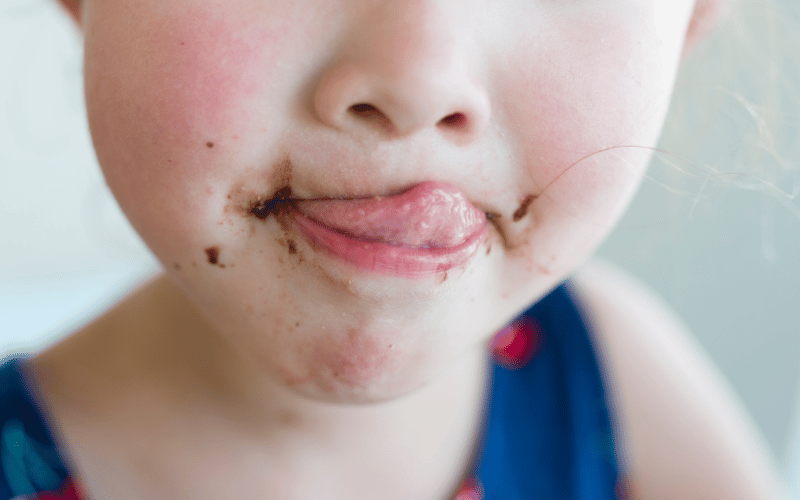Symptom 8: An Unpleasant Taste in the Mouth

A sudden grimace, a constant sip of water, or a refusal to eat certain foods – these might be indicators that your child is experiencing an unpleasant taste in their mouth. It’s not just about a distaste for broccoli; it’s often about a lingering bitterness or sourness that refuses to go away. Such a taste, while not painful, can be disconcerting, especially if it becomes a regular occurrence.
The world of digestion is a complex one. While the stomach is well-equipped to handle its acidic environment, the mouth isn’t. Sometimes, due to issues like gastroesophageal reflux, the stomach’s acidic contents find their way into the mouth. The result? A bitter or metallic taste that lingers, turning even the most delicious treats into unappetizing prospects.
An occasional sour taste might not raise alarms, but a consistent acidic environment in the mouth is bad news for oral health. Our teeth, particularly the enamel, are susceptible to erosion from acids. Over time, this can lead to sensitivity, cavities, and other dental issues. So, this isn’t just about an unpleasant taste; it’s about safeguarding those pearly whites.
Tackling the symptom isn’t enough; addressing the underlying issue is crucial. If reflux is the culprit, strategies to manage and reduce it become essential. This could range from dietary changes to ensuring the child remains upright post meals, reducing the chance of acid making its way upwards. (8)